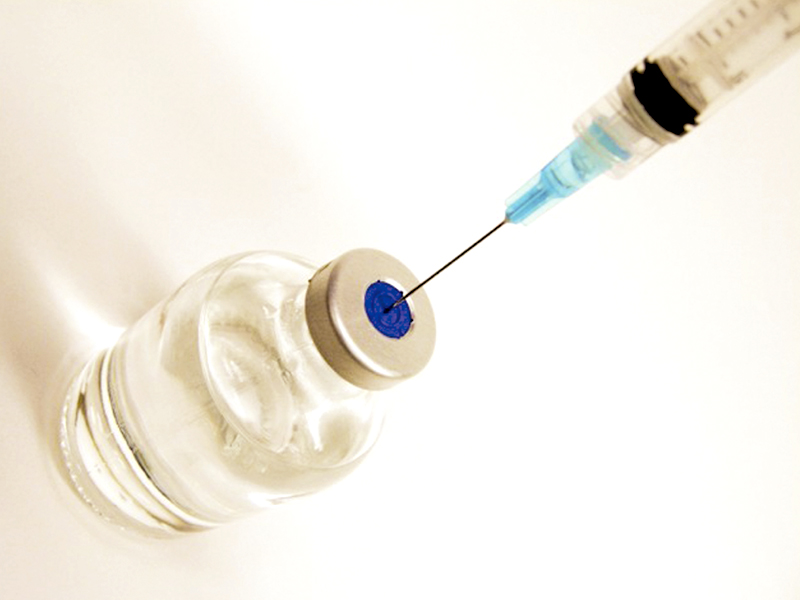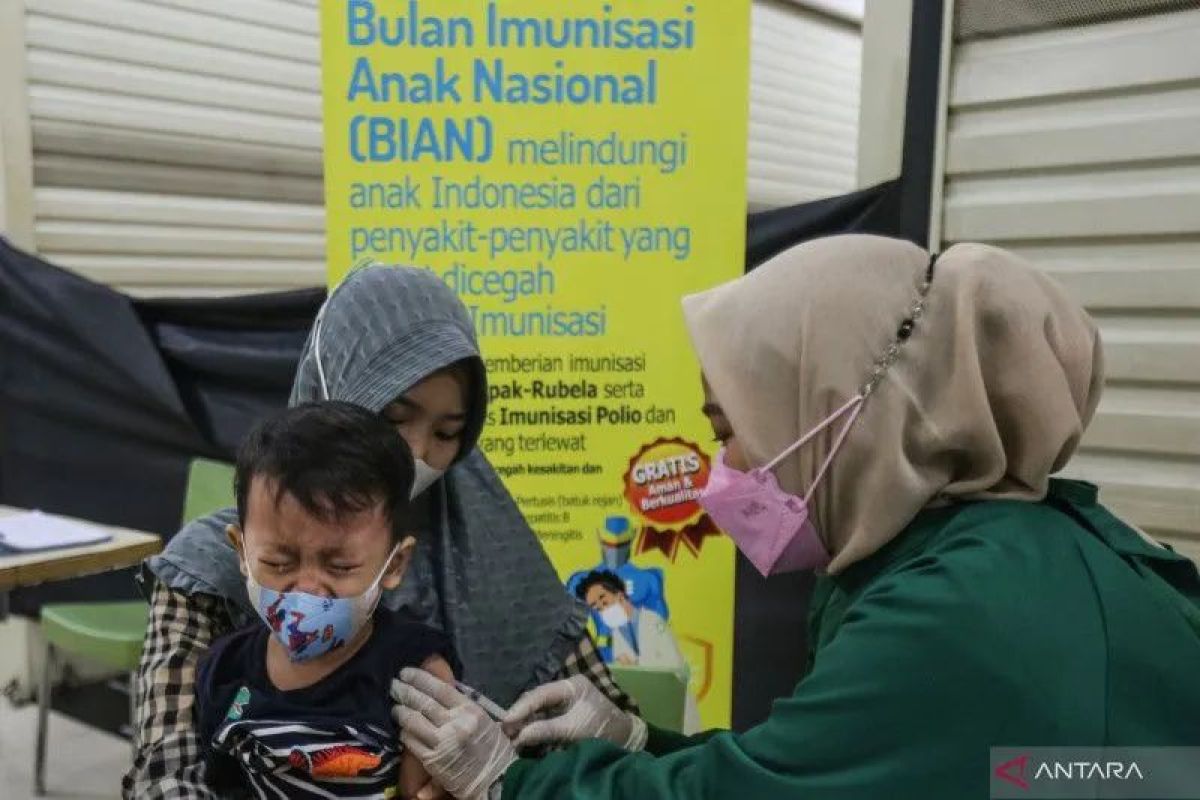As one of the most effective ways to prevent infectious diseases, vaccines have revolutionized public health. The U.S. Department of Health and Human Services (HHS) provides valuable resources and information on vaccine basics, empowering individuals to make informed decisions about their health. In this article, we will delve into the world of vaccines, exploring what they are, how they work, and their importance in maintaining a healthy community.
What are Vaccines?
Vaccines are biological preparations that provide active acquired immunity to a particular infectious disease. They contain a microorganism or virus in a weakened or killed state, or proteins or toxins from the organism. When administered, vaccines stimulate the body's immune system to recognize and fight the disease-causing agent, building immunity and preventing future infections. According to
HHS.gov, vaccines are rigorously tested for safety and efficacy before they are approved for public use.
How do Vaccines Work?
The process of vaccination involves introducing a vaccine to the body, which triggers an immune response. The immune system recognizes the vaccine as foreign and mounts a defense against it, producing antibodies and immune cells that can recognize and attack the disease-causing agent. This immune response provides long-term protection against future infections, often lasting a lifetime.
The Centers for Disease Control and Prevention (CDC) provide detailed information on how vaccines work and the different types of vaccines available.
Types of Vaccines
There are several types of vaccines, including:
Inactivated vaccines: Contain killed or inactivated microorganisms, such as the flu vaccine.
Live, attenuated vaccines: Contain weakened microorganisms, such as the MMR vaccine.
Toxoid vaccines: Contain inactivated toxins, such as the tetanus vaccine.
Conjugate vaccines: Combine a weakened bacteria with a carrier protein, such as the Hib vaccine.
Importance of Vaccination
Vaccination is crucial for maintaining public health and preventing the spread of infectious diseases. By getting vaccinated, individuals not only protect themselves but also help prevent the spread of diseases to others, particularly those who are most vulnerable, such as the elderly, young children, and people with weakened immune systems. According to HHS, vaccination has been instrumental in controlling and eliminating many infectious diseases, including smallpox, polio, and measles.
In conclusion, understanding vaccine basics is essential for making informed decisions about our health. By learning about what vaccines are, how they work, and their importance in maintaining public health, we can take an active role in protecting ourselves and our communities. For more information on vaccine basics and resources, visit
HHS.gov or consult with a healthcare professional. Remember, vaccination is one of the most effective ways to prevent infectious diseases and maintain a healthy community.
Keyword: vaccine basics, HHS.gov, vaccination, infectious diseases, public health.
META Description: Learn about vaccine basics, including what vaccines are, how they work, and their importance in maintaining public health. Visit HHS.gov for more information and resources.
Header Tags: H1, H2.
Image Alt Tag: vaccine basics, HHS.gov, vaccination, public health.
Internal Linking: CDC,
HHS.gov.
External Linking: World Health Organization (WHO).









